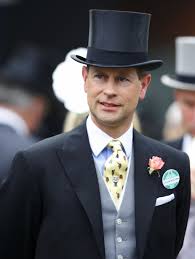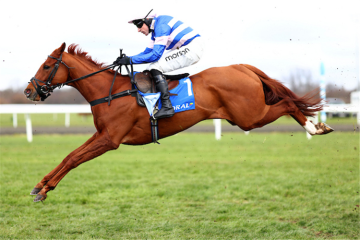An Insight into Prince Edward: The Earl of Wessex

Introduction
Prince Edward, the youngest son of Queen Elizabeth II and Prince Philip, Duke of Edinburgh, holds a significant place in the British royal family. As the Earl of Wessex since 1999, Prince Edward has dedicated his life to royal duties, charitable activities, and public service. Understanding his role is essential, especially in the context of the evolving British monarchy and its engagement with contemporary society.
Early Life and Education
Born on March 10, 1964, Prince Edward was educated at prestigious institutions, including Gordonstoun School in Scotland and the University of Cambridge, where he studied History. His early experiences in the royal family prepared him for a life of public service, albeit with a slightly different approach compared to his elder siblings.
Royal Duties and Contributions
Prince Edward’s royal duties involve an array of engagements. He often represents the Queen at various functions and has undertaken significant work in charity. One of his notable contributions was founding the Duke of Edinburgh’s Award in 1989, a programme aimed at helping young people develop skills and confidence through various challenges.
Additionally, he has served in a leadership role within the Royal Family as the current patron of several charities, focusing on youth development, disability awareness, and the arts. This involvement demonstrates his commitment to societal issues and a modern approach to royal responsibilities.
Recent Developments
In recent months, Prince Edward and his wife, Sophie, Countess of Wessex, have been increasingly visible in public roles, representing the monarchy at events linked to the pandemic recovery, education, and mental health support. Their efforts to connect with communities and promote philanthropic initiatives illustrate the royal family’s relevance in today’s society.
Conclusion
As Prince Edward continues to adapt to the changing landscape of the monarchy, his contributions remain integral to its public perception and actionable outreach. His unique perspective as the youngest son of the Queen provides him with a different platform to advocate for important causes, setting a precedent for future generations of royals. Readers can anticipate that his role will evolve further, especially as the younger members of the royal family assume more prominence in public life, suggesting a future where tradition meets new societal expectations.









